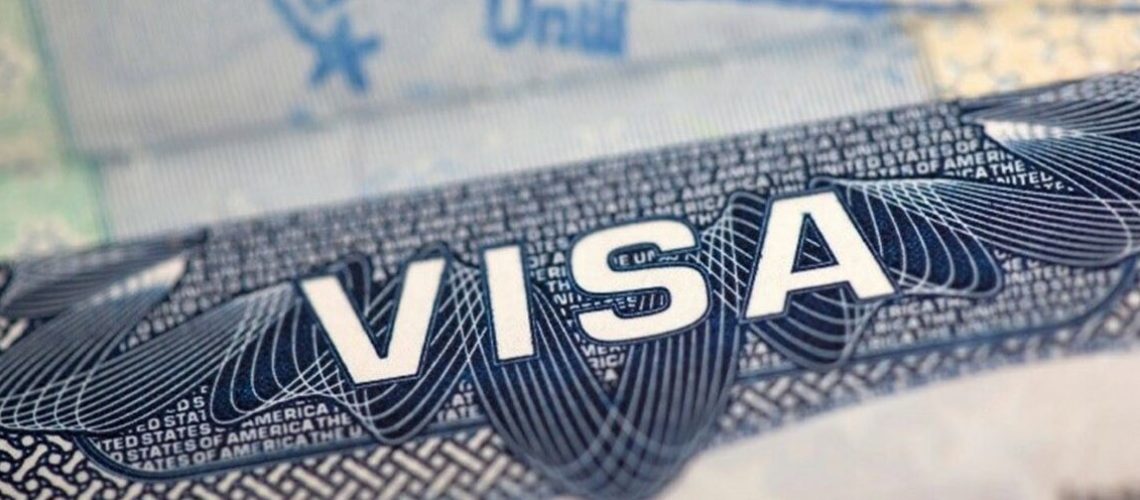Facing deportation in 2025 is more complex than in recent years. Immigration enforcement has intensified, and new federal policies have expanded detention and removal procedures. However, many individuals in removal proceedings still have legal options to stop deportation and obtain lawful status. Understanding these pathways, along with timely legal representation, is essential to building a strong defense.
The 2025 Immigration Enforcement Climate
This year has seen significant increases in detention funding, expedited removal procedures, and enforcement operations across the United States. These changes have resulted in faster processing for deportation cases, leaving individuals little time to respond or prepare a defense. Because of this, seeking legal help early is more important than ever.
Relief Options That May Stop Deportation
Temporary Protected Status (TPS)
Some individuals may be protected from removal if their home country is experiencing war, natural disaster, or other humanitarian crises. However, several TPS programs are currently under review or termination, so it is critical to act before benefits expire.
Asylum and Credible Fear Protection
Individuals who fear persecution because of their identity, beliefs, or protected group may qualify for asylum. In detention settings, this often begins with a credible fear interview. If the credible fear claim is denied, deportation may proceed quickly. Legal representation significantly strengthens the chance of approval.
U Visa for Victims of Crime
Victims of qualifying crimes who have cooperated with law enforcement may be eligible for a U Visa, which can lead to lawful permanent residency. Applicants must demonstrate harm resulting from the crime and provide evidence of their cooperation.
T Visa for Victims of Human Trafficking
Survivors of labor or sex trafficking may qualify for a T Visa. This status provides protection, work authorization, and the possibility of obtaining a green card. Eligibility depends on proving the trafficking circumstances and demonstrating cooperation when possible.
NACARA Relief
Certain individuals from Guatemala and El Salvador who arrived in the United States before the 1990s may qualify for Special Rule Cancellation under NACARA and avoid deportation. Eligibility varies, and timely filing is essential.
Deferred Action and DACA
Broader deferred action programs remain limited, but some individuals may still request protection based on humanitarian circumstances. These decisions are discretionary and strengthened by strong documentation.
Developing an Effective Deportation Defense Strategy
Many people may qualify for more than one type of relief. A strong defense strategy involves identifying the best available options, preparing thorough supporting evidence, and sequencing filings in the most effective way. An immigration attorney helps evaluate eligibility, gather documentation, and present a clear and compelling case to the court.
Documentation Matters
Successful deportation defense often depends on the quality of supporting evidence. Personal declarations, medical records, police reports, expert evaluations, and community support letters help demonstrate credibility, ties to the United States, and humanitarian need. Clear timelines and accurate translations are also critical.
If You Are Facing Deportation, Take Action Now
Deportation cases in 2025 move quickly. Waiting can limit available options or eliminate them entirely. If you or a loved one is in removal proceedings, it is essential to seek legal guidance promptly to protect your rights and future in the United States.


